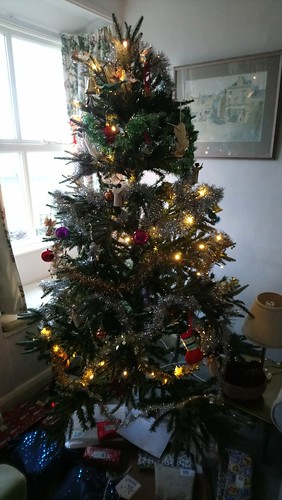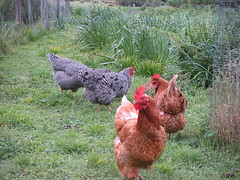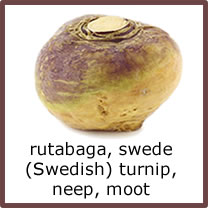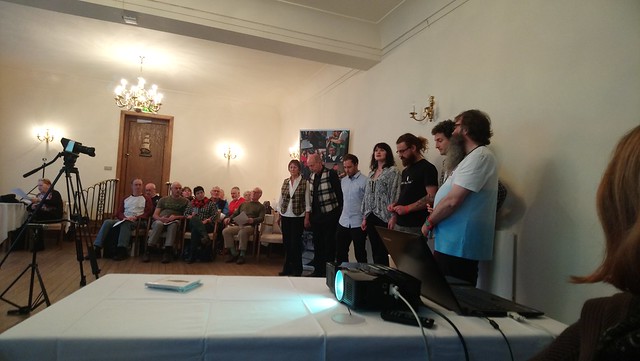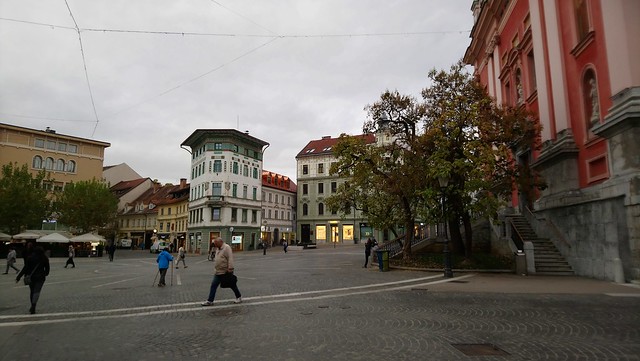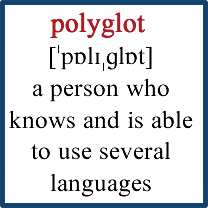
I just registered for the Polyglot Gathering in Bratislava at the end of May / beginning of June. This will be the fifth time I’ve been to the Gathering – the second in Bratislava, and I’m looking forward to it.
I’ll be staying in the same AirBnB as last time, which is close to the Gathering venue, and not too far from the centre of Bratislava. It’s easier that way as I already know my way around the area.
I haven’t decided if I’ll give a presentation or run a workshop at the Gathering. At previous polyglot events I’ve given talks on writing systems, the origins of languages, the origins of words, Manx, and language death and revival, and helped with a Welsh language workshop. Any suggestions for what I could talk about at this and future polyglot events?
At the end of January I’m going to Edinburgh for LingoFringo, a fringe event to the main polyglot conferences and gatherings with a focus on workshops, community and networking events. I’ll be running a workshop on traditional Scottish Gaelic songs there.
So this month I’ll be brushing up my Scottish Gaelic, preparing for the workshop, and continuing to work on other languages. The languages I’m focusing on currently are Swedish, Danish, Russian, Esperanto, Cornish and Scots. This year I also plan to learn some more British Sign Language and Slovak, and maybe some German, Czech and Spanish.
I don’t plan to start any new languages this year – we’ll see how that works out.
What are your language-related plans for this year?
